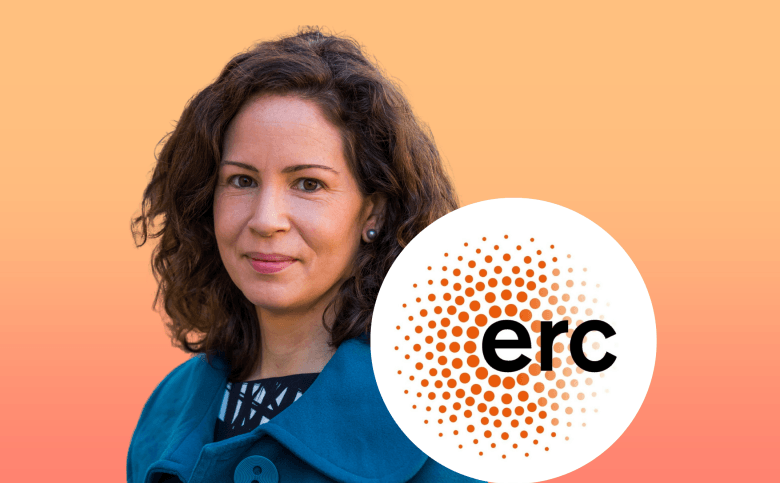Description de la soumission d'un avis

Congratulations to Rochelle ACKERLEY!
Congratulations to Rochelle ACKERLEY on being awarded an ERC Proof of Concept: SOMATOSENSE
"Forwarding development of novel somatosensory testing equipment in humans".
Forwarding development of novel somatosensory testing equipment in humans
The SOMATOSENSE project aims to provide accurate, automated, and innovative tools to probe the human somatosensory afferent system and diagnose problems. Somatosensory information from the skin provides us with a continuous stream of information, to allow us to interact efficiently with the world and to ground us in our bodies. In somatosensory disorders, there can be issues with one or more types of sensory afferent that can cause debilitating effects, including pain. Currently, somatosensory clinical tests are often applied manually, can be painful, and may not be specific enough to make rapid diagnoses.
SOMATOSENSE aims to create efficient, non-painful tests of somatosensation that would be highly beneficial to the clinic and for fundamental research. This will lead the way to individualized, efficient diagnoses of somatosensory disorders, thus addressing widespread social and economic issues.

Rochelle Ackerley
Researcher in neuroscience, specialized in coding and perception by touch in humans at the CNRS Sensory and Cognitive Neuroscience Laboratory and also LNC ( NeuroMarseille laboratory)
"I am fascinated by understanding the mechanisms involved in the perception of our environment with its multitude of stimuli. In 2010, I was able to listen to my own neurons for the first time. This is possible thanks to a very specific technique, microneurography, with which we can record the activity of peripheral nerve fibers. Using this approach, I have shown that we have a type of receptor in our skin that codes for touch in an optimal way when a caress is applied slowly, at a neutral temperature. These receptors encode intimate social interactions and are involved in the emotional aspects of touch. Today, I want to apply my knowledge to give a realistic touch to amputees."

Short biography
2006: PhD in Physiology from the University of Bristol, UK (Department of Physiology)
2014: Marie Curie Actions mobility for regional excellence grant
2015: Habilitation to direct research in physiology, University of Göteborg, Sweden
2017: Joined the CNRS - Research Fellow at the Sensory and Cognitive Neuroscience Laboratory
2017: ERC Consolidator grant ARTTOUCH

